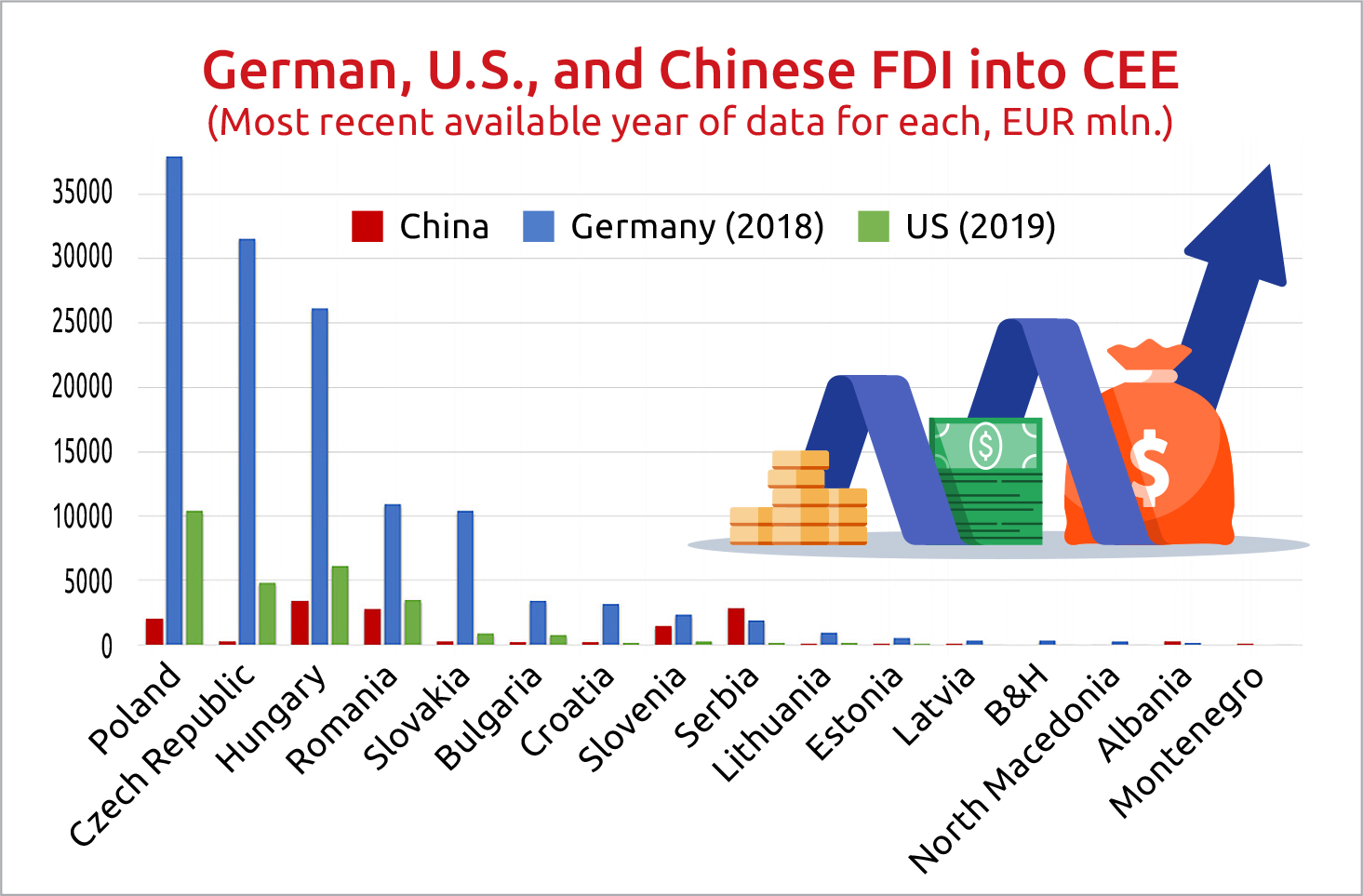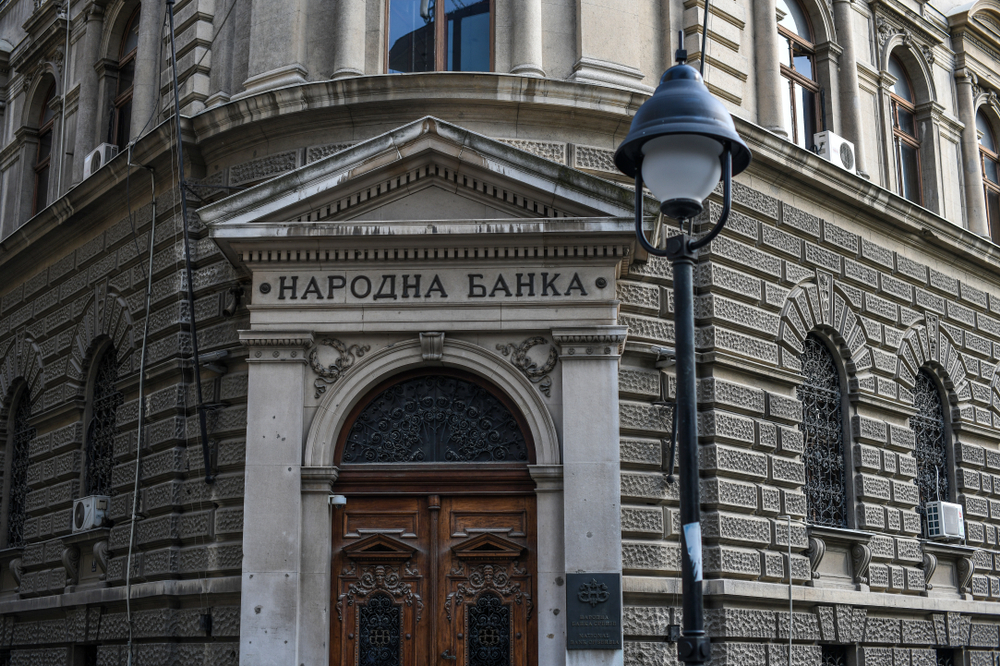The Impact of COVID on FDI Flows in CEE

Foreign Direct Investment has an enormous impact on the economic performance of developing economies. Les Nemethy and François Lesegretain look at recent patterns of FDI flow in emerging markets from Central Europe.
The World Bank defines FDI as a category of cross-border investment associated with a resident in one economy having control or a significant degree of influence on the management of an enterprise that is resident in another economy, according to the data help desk of worldbank.org. FDI encompasses both trans-border M&A and organic growth by foreign-owned companies.
According to the United Nations Conference on Trade and Development website, unctad.org, global FDI fell from approximately USD 1.5 trillion in 2019 to USD 859 billion in 2020. This is the lowest level since 2005 and almost 20% lower than the 2009 trough after the Global Financial Crisis (GFC). While the majority of this decline may be attributable to COVID-19, U.S.-Chinese tensions have also contributed. The decline in FDI was significantly sharper than the fall in gross domestic product and trade, unctad.org says.
In 2020, the impact of COVID-19 was very significant on FDI inflows on a global scale and was comparable to the effects of the GFC.
In Central and Eastern Europe, FDI fell by 58% in the first half of 2020 compared to H1 2019, as the coronavirus pandemic and lockdowns curbed economic activity, the intellinews.com website reports. M&A was also poor in 2020, with 1,705 deals counted in CEE worth a combined total of USD 60.8 bln.
This represents a 12.9% decline in the number of deals and a 16% decline in deal value compared to 2019. Despite a solid fourth quarter in 2020 and CEE putting in a more robust M&A performance than most other parts of the world, this represents the worst annual M&A performance in more than a decade, according to the CMS Emerging Europe M&A Report 2020-2021.

Still Attractive
The FDI decline was caused by the pandemic and not a diminution in the investment attractiveness of the CEE region. The 11 CEE countries (EU11) each improved their attractiveness as a destination for foreign investment, thanks to their proximity to Western European markets, relatively developed infrastructure, political stability, lower taxes, and a generally well-educated workforce. EU membership compensates for the smallness of many domestic markets.
As a result of these advantages, FDI penetration in the EU11, as measured by the stock of inward FDI as a percentage of GDP at the end of 2016, averaged 52.5%. That compares to 24.5% for emerging Asia and 42.4% for Latin America.
It is apparent that, except for Serbia, the level of Chinese investment in CEE is minor compared to that from Germany, which constitutes the lion’s share, and also from U.S. investment.
There is a correlation between low FDI and low GDP growth in the region. Despite massive government stimulus, most Visegrad Four countries had GDP declines in 2020 that matched those of the GFC. While Poland had the least bad economic growth at -2.7%, the others were in the vicinity of -5%.
Given the decline of FDI and GDP growth in 2020, the fragility of the economic recovery, and the possibility of a fourth wave of COVID-19 in CEE, improving FDI levels in 2021 is a critical element of the recovery in the region and remains a significant risk factor to GDP growth moving forward. While we might hope that domestic capital formation might assist GDP growth in Central and Eastern Europe, the region remains dependent on foreign capital in the short- to medium-term.
Les Nemethy is CEO of Euro-Phoenix Financial Advisers Ltd. (www.europhoenix.com), a Central European corporate finance firm. He is a former World Banker, author of Business Exit Planning (www.businessexitplanningbook.com) and a past president of the American Chamber of Commerce in Hungary.
This article was first published in the Budapest Business Journal print issue of July 30, 2021.
SUPPORT THE BUDAPEST BUSINESS JOURNAL
Producing journalism that is worthy of the name is a costly business. For 27 years, the publishers, editors and reporters of the Budapest Business Journal have striven to bring you business news that works, information that you can trust, that is factual, accurate and presented without fear or favor.
Newspaper organizations across the globe have struggled to find a business model that allows them to continue to excel, without compromising their ability to perform. Most recently, some have experimented with the idea of involving their most important stakeholders, their readers.
We would like to offer that same opportunity to our readers. We would like to invite you to help us deliver the quality business journalism you require. Hit our Support the BBJ button and you can choose the how much and how often you send us your contributions.










